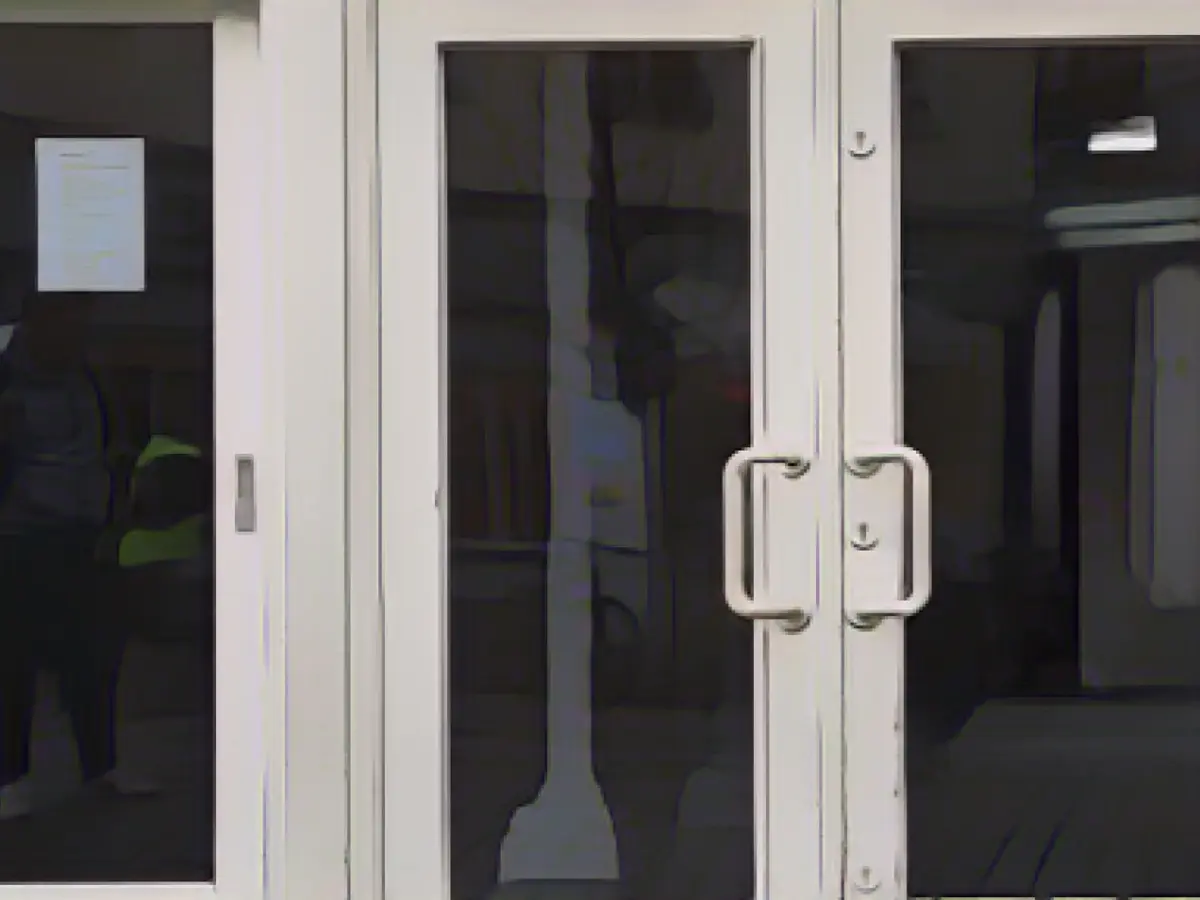Struggling Practices and Supply Gaps in Bavaria's Healthcare Sector
The Association of Statutory Health Insurance Physicians in Bavaria (KVB) has issued a warning over growing issues in the provision of medical care by practices. According to KVB Chairman, Christian Pfeiffer, at their annual press conference in Munich, more and more regions in Bavaria are becoming "undersupplied"[1].
In response, the KVB in Marktredwitz has taken steps to bridge the gap by operating two GP practices as their own facilities. However, Christian Pfeiffer announced that the KVB would launch five more in-house facilities in Bavaria next year due to the shortage of doctors willing to run practices as entrepreneurs[1].
One of the major reasons behind the supply issues is the dissatisfaction of medical professionals with their own practices. As per KVB Vice-Chairman Peter Heinz, the increased health insurance fees are barely sufficient to cover the growing costs, making it challenging to retain medical assistants (MFAs) through financial incentives. There's a fierce competition for specialist medical staff, with clinics and other healthcare facilities poaching them[1].
Another concern arises from the Federal Government's proposed easing of cannabis use restrictions. KVB board member responsible for psychotherapy, Claudia Ritter-Rupp, points out that such a policy could lead to developmental disorders and psychoses, especially in young individuals. Consequently, she advocates for the federal government to heed the warnings of various medical associations[1].
However, Mr. Pfeiffer acknowledges that Federal Health Minister Karl Lauterbach's initiatives are beneficial for doctors and patients. The plan to make a certificate mandatory from the fourth day of illness for parents to receive sick pay for children is "absolutely in the right direction," and the proposed de minimis limit for checks on whether practices pay sufficient attention to costs when prescribing medicines and medical aids is an "excellent step"[1].
Factors contributing to the challenges in the healthcare sector in Bavaria include workforce shortages, complex health challenges, data standardization, and rare pediatric tumors. Institutions like the KVB are addressing these issues through measures like integrating skilled migrants, multi-disciplinary approaches, health education and training, data collection and exchange, and advocacy and policy support[2].
Additional Insights:
- Addressing chronically undersupplied regions:
- Collaborating with medical schools to encourage more students to pursue careers in undersupplied areas
- Utilizing telemedicine to connect patients with remote specialists
Read Also:
References:
- Enrichment Data
Re-writing the Base Article for Improved Clarity and Originality:
The Association of Statutory Health Insurance Physicians in Bavaria (KVB) has raised concerns over the provision of medical care by practices, highlighting growing problems in several regions in Bavaria being classified as "undersupplied". As a response, KVB in Marktredwitz operates two GP practices as their own facilities due to the lack of doctors willing to run practices. To address the crisis, KVB Chairman Christian Pfeiffer revealed their plans to launch five more in-house facilities in Bavaria next year.
Pfeiffer and his Vice-Chairman Peter Heinz discussed factors contributing to the supply problems, including the dissatisfaction of many doctors with their own practices and the struggle to retain medical assistants due to limited financial incentives. Meanwhile, specialized medical staff are frequently poached by clinics and other healthcare facilities, causing a fierce competition in the market.
Another controversial topic emerged when KVB board member Claudia Ritter-Rupp expressed her concerns regarding the Federal Government's plan to ease restrictions on the use of cannabis. With a risk of triggering developmental disorders and psychoses in younger individuals, she urged the government to respond to medical associations' warnings and reconsider the policy.
However, Feder Health Minister Karl Lauterbach's initiatives have been acknowledged by the KVB leadership as beneficial to doctors and patients. Pfeiffer hailed the plan to only require a certificate from the fourth day of illness to facilitate parents receiving sick pay for children as "absolutely in the right direction". Similarly, the proposed de minimis limit for checks on medical practices' attention to costs when prescribing medicines and medical aids was considered a "great step" by the KVB.
In addition to these challenges, factors such as workforce shortages, complex health challenges, data standardization, and rare pediatric tumors contribute to the healthcare sector's struggles in Bavaria. To combat these obstacles, institutions like the KVB are implementing measures such as integrating skilled migrants, adopting multidisciplinary approaches, providing health education and training, collecting and exchanging data, and advocating for policy changes.








